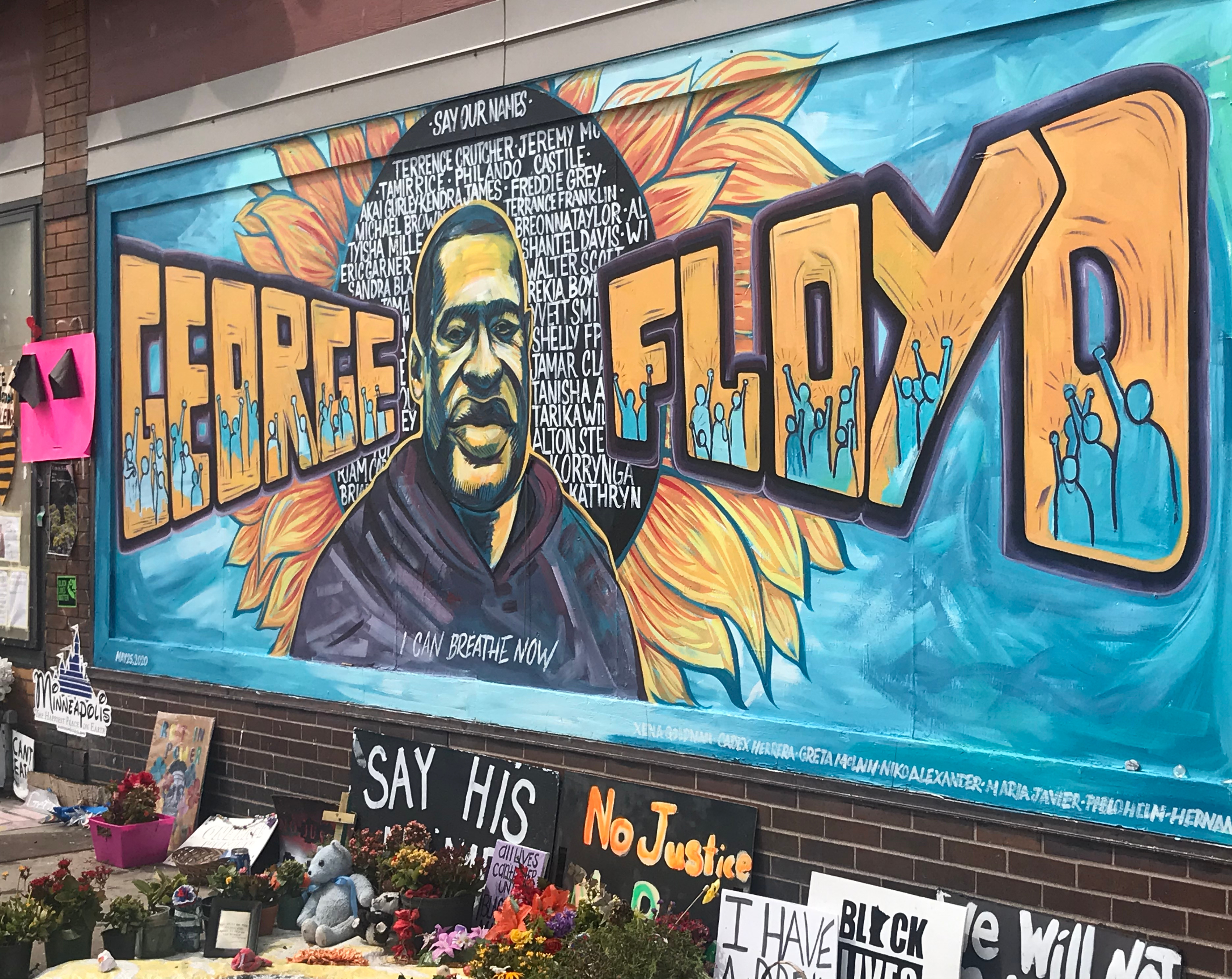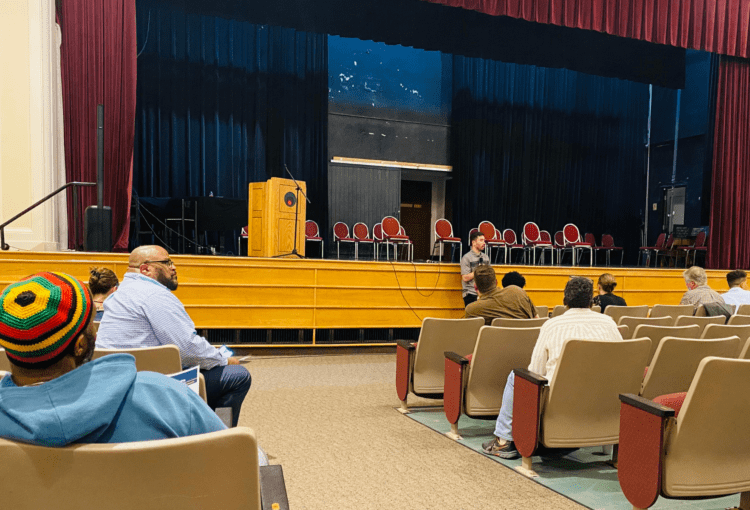Seeking Justice and Community Involvement: Key Takeaways from the DOJ Visit to Sabathani

Earlier this week, the Department of Justice (DOJ) visited Sabathani Community Center to gather community input for the consent decree process. The consent decree aims to address the systemic issues and patterns of misconduct within the Minneapolis Police Department (MPD) and the City of Minneapolis. With a diverse group of approximately 75 attendees, including Minneapolis City Council President Andrea Jenkins, the meeting highlighted the community’s concerns, questions, and suggestions for meaningful reform.
Here’s a summary of key points raised during the session, emphasizing the importance of community involvement, accountability, transparency, and long-lasting change.
Accountability and Transparency:
There was a frequent call for accountability at various levels. Attendees emphasized the significance of holding individual officers accountable for their actions through criminal accountability measures. They also stressed the importance of addressing higher-ranking officers who may be involved in coaching or endorsing inappropriate behavior. Transparency was also emphasized, with attendees urging the release of investigative data to prevent obstruction of the reform process.
Community-Led Monitoring:
Concerns were raised about the history of consent decrees in other cities, where community involvement in the monitoring process was lacking. Community members emphasized the need for active community leadership in monitoring the reform progress in Minneapolis to overcome the trust deficit.
Ensuring Community Participation:
Sabathani CEO Scott Redd emphasized the importance of authentic community participation in decision-making processes. He advocated for ensuring that those representatives truly reflect the community. Redd also stressed the importance of allocating a budget to enable community members to fully participate and be compensated for their time and expertise.
Diverse Perspectives and Voices:
Some attendees highlighted the significance of centering the voices of those most affected by police misconduct, particularly Black and Native communities. Listening to their experiences and desires for change was seen as crucial to creating effective and equitable reforms.
Overcoming Racial Bias:
Community members recognized the underlying racism within society and its impact on policing. Acknowledging the need to address racial oppression embedded in the system, they stressed the importance of taking this opportunity to foster a truly anti-racist society.
The representatives of the DOJ expressed that they were hearing the community’s concerns, agreed with many points, and responded to whichever questions they had ready answers for. A few key points they made:
- The goal of the consent decree is to change the experience of those on the streets.
- There are many things that could be changed, so it will be important to prioritize: What do you address first?
- The process takes six months to a year, and the DOJ has the goal of moving it forward as soon as possible.
The recent DOJ visit to Sabathani served as a powerful reminder of the pressing need for reform within the MPD. The discussion also shed light on the potential challenges ahead, drawing upon past experiences that have eroded trust and left the community understandably cautious about the prospects of meaningful change.
We thank everyone who showed up, raised crucial questions, offered suggestions, and demanded accountability, transparency, and community involvement throughout the consent decree process.
Sabathani, as a long-standing pillar of the community, has a commitment to facilitating further conversations and ensuring that the voices of Black and Brown community members are heard. We know that moving forward, deep and meaningful change is needed.
We would love to hear your thoughts on the consent decree process. What questions do you have for the DOJ, and what suggestions would you like to offer? Leave a comment below, and don’t forget to subscribe to our email list and follow us on Facebook and Instagram to stay informed about future conversations on public safety. Together, we can drive positive change and build a safer community for all.

